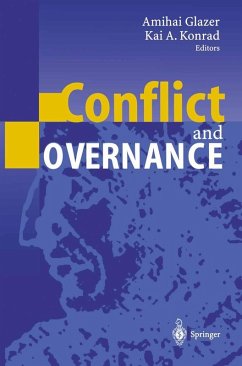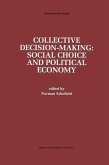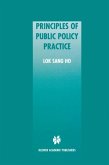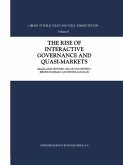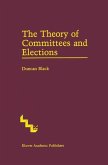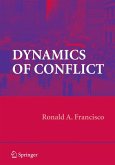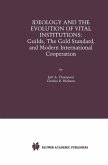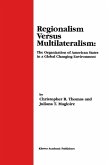Conflict appears in many forms, from a dictator terrorizing his country to organized crime demanding protection money. Questions and issues addressed in this text include: the conditions which make conflict severe; whether voluntary agreements can avoid future conflict; how the outcome of one war will affect the incentives of countries to wage war in the future; and how dictators hold power. The book provides an overview of existing literature, applies the theory of conflict to new situations, and gives foundations for future work. It should interest both researchers and students studying political economy, public choice, international relations, and comparative politics.
Dieser Download kann aus rechtlichen Gründen nur mit Rechnungsadresse in A, B, BG, CY, CZ, D, DK, EW, E, FIN, F, GR, HR, H, IRL, I, LT, L, LR, M, NL, PL, P, R, S, SLO, SK ausgeliefert werden.

